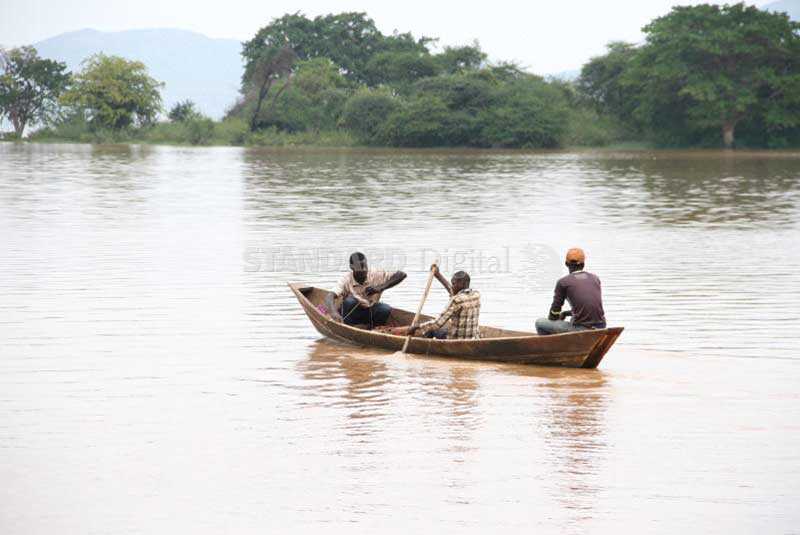×
The Standard e-Paper
Smart Minds Choose Us

Daniel Okoth stares wordlessly at the waters spilling from Masinga Dam with unconcealed rage, free at last from their concrete prison.
The deafening roar of the churning waters drowns out the hum of excited spectators standing a respectable distance away, phones in outstretched arms and backs to the unfolding spectacle as they take selfies for posterity.